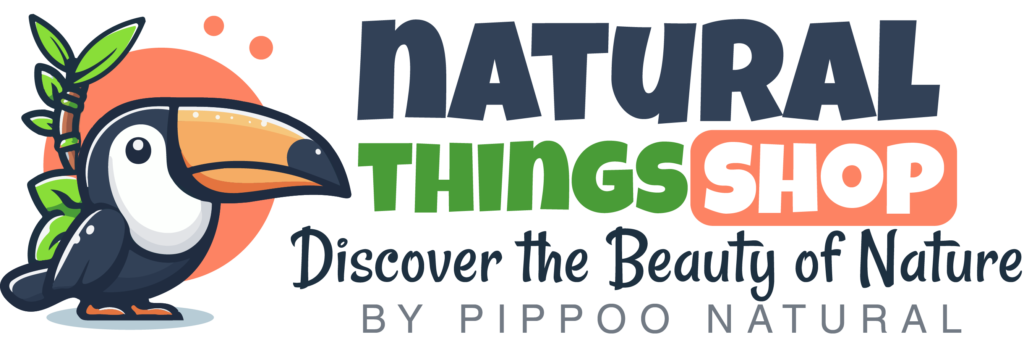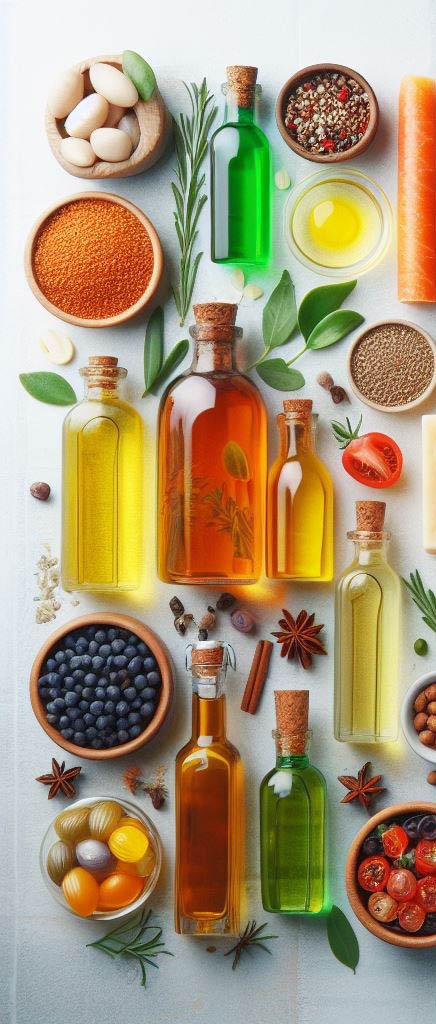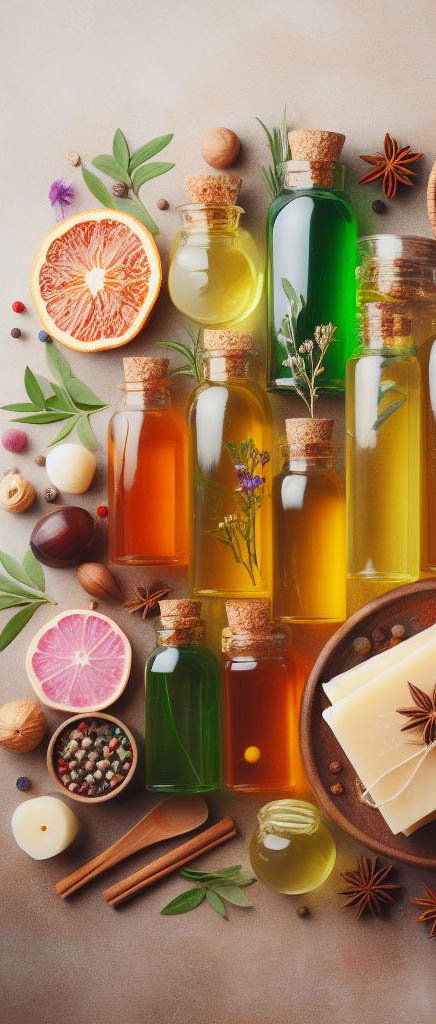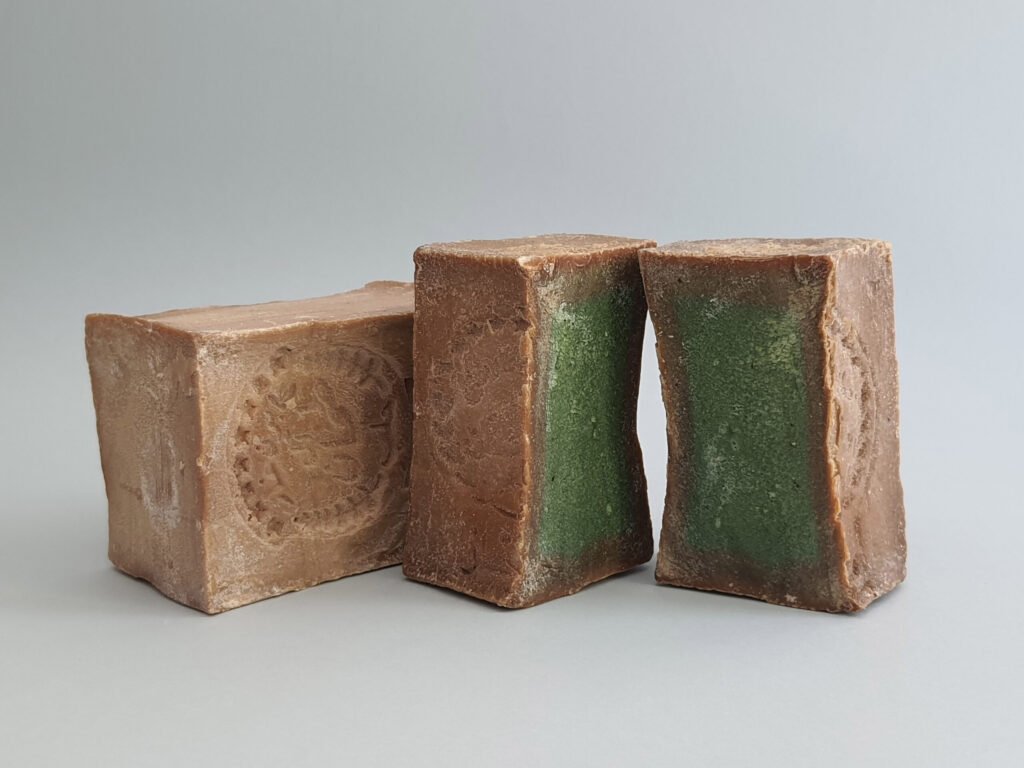SOAP IN FIVE QUESTIONS
Here are ” soap in five questions ” :
WHY DO WE USE SOAP FOR WASHING AND CLEANING?
Undoubtedly, we all know that when our hands are oily, we cannot clean the oil no matter how hard we try when we just want to clean it with water and remove it.
Why is that?
Because water slides on the skin and does not melt the oil. On the other hand, if you use soap, oils are destroyed much more easily due to the detergent effect of soap.
A little chemistry knowledge about soap for better understanding
Soap molecules consist of two distinct parts. The first is called the hydrophilic cap, which means “water-loving”, and the second is called the “water-loving” hydrophobic tail. This title is also said to be “fat-loving” lipophilic in the literal sense of the word.
In other words, the hydrophobic tail clings to the oil while it is being washed. For this reason, the oil molecules on the skin surface are surrounded and surrounded by soap molecules. Hydrophilic heads take over the task by drawing the water that carries the oil on the surface of the skin during rinsing.
Thus, the oils flowed away with the water.
WHY DOES SOAP FOAM?
Often times this is what keeps kids entertained the most… Foam! Generally, it is soft and abundant (as we have seen before, whether the foam is abundant or less depends on the type of fatty acid used in the soap making, in the formula), when it encounters soap molecules and oil, the foam breaks so to speak, ie there is no foaming. So the first time you wash your oily hands, they don’t lather, or the second shampoo always lathers more than the first: sebum, a natural oil produced and released by the body, prevents the formation of foam. So when you wash your hair, if it foams profusely, your hair will be clean and shiny!
WHAT ARE THE DIFFERENCES BETWEEN MOLD SOAP, CREAM SOAP AND NON-SOAP (DETERGENTS)?
What distinguishes these three types of soap is first of all their composition. As we have seen above, soap consists of an oily substance and an alkali. In other words, soap owes its chemical structure to alkali (ie alkaline body). For example, solid soap bars are produced with sodium hydroxide (one of the alkaline bodies). For example, Marseille soap and Aleppo soap are among these solid soaps.
On the other hand, soft cream soaps can be produced with potash, also known as potassium hydroxide. For example, arabic soap is produced using potassium hydroxide alkaline.
Finally, “non-soap” soaps, which are called “dermatological compounds” and have hundreds of varieties in the cosmetics market, are another type of soap. It is made from synthetic surfactant chemicals in the form and form of soap. One of the advantages of this type of soaps is that the PH values can be close to the PH level of the skin and therefore they do not dry the skin. But one of the disadvantages is that these dermatological soaps are not natural like soaps made with natural methods.
WHAT IS pH DEGREE?
PH (Potanciel Hydrogen = hydrogen potential) is a measure of the alkalinity of a product. If this value is 7, this product is neutral. If there is a value below 7, we say acidic, if there is a value above 7, the product is alkaline or basic.
The pH of the skin is between 4 and 7. It is 5.5 on average and therefore slightly acidic. However, this acidity varies according to body parts and age. Therefore, the acidic pH of normal skin is less than 6.5. Finally, oily skin has a pH higher than 6.5, so we can say it is alkaline.
Therefore, cosmetic products such as soap make it possible to significantly change the pH of the skin in order to give the skin optimum comfort and a healthy structure, if a suitable product is selected.
DOES SOAP DRY THE SKIN?
When you wash your face with soap, you will likely feel some tension on your skin. This feeling is not only due to the pH of the soap, as we have just seen, but also to the effect of soap, which dissolves oil and dirt and then removes oil from the skin during rinsing.
Together with these oils, soap melts the Hydro-lipid film on the skin surface that protects the epidermis. This is an undesirable situation. Because this oily film is necessary to maintain an optimal hydration level of the skin and thus protect it from external attack such as free radicals. – However, soaps made with traditional methods with natural and high vitamin value oils such as halep soap or marseille soap do not harm this hydro-lipid film on the skin.
This unpleasant feeling of tension stops after a few hours. Because the hydrolipidic film is regenerated by itself.
Here are a few suggestions to avoid this uncomfortable feeling of tension:
- Choose a soap that is suitable for the pH of your skin or “neutral”.
- Use natural soaps enriched with glycerin, containing moisturizers, or formulated with a nourishing oil such as argan oil, olive oil or bay oil.
- Do you have a very sensitive skin? Choose a soap rich in nourishing ingredients such as shea butter, which we also use on babies’ skin.
- After showering, moisten your skin lightly with fat milk.
WHICH SOAPS ARE ECOLOGICAL?
Let’s give some information about ecological soap:
Soaps are ecological products. But what we mean by soaps here are natural soaps that do not contain chemicals and additives that we make from natural materials.
The oldest cleaning and beauty products in the world are “kind of” soaps. Made entirely with natural oils and traditional methods. Nature degrades this type of soap completely biologically. Therefore it is completely ecological.
However, it is useful to consider the following; Industrial soaps made of synthetic materials may be as effective as natural soaps, but they are dangerous for natural life and can take years to dissolve and disappear in nature. Ecologists are extremely annoyed by the presence of bleaching agents (this applies to detergents), dyes, perfumes, preservatives and even thickeners found in the compositions of these industrial soaps.
EXPERT VIEW
We asked the following three questions to Dr.Patrice Halimi, secretary general of l’ASEF (Association santé environnement France) and pediatric surgeon:
Does the environment really have an impact on health?
Cancer cases, allergies and obstetrics are increasing at a record rate every day. Every day we are in contact with chemical products that pollute our environment here and there everywhere. These daily chemical cocktails that are in contact with our bodies every day. It would be naive not to see and ignore the effects of these on our health …
What are the risks in house cleaning?
The type and dosage of these chemical cleaning products used in our home. In addition, the genetic profile, the age and gender of the users are the factors. In addition, the risk ratio changes depending on the frequency or duration of exposure. A 50-year-old boy and a 6-month-old girl will not be affected by these chemicals in the same way.
Aren’t we all equally affected?
No ! Children and pregnant women are the most sensitive. It is important to be very careful during pregnancy. A child crawling on all fours on a floor with bleach and bleach would not be exposed to chemicals at the same rate as an adult walking.









